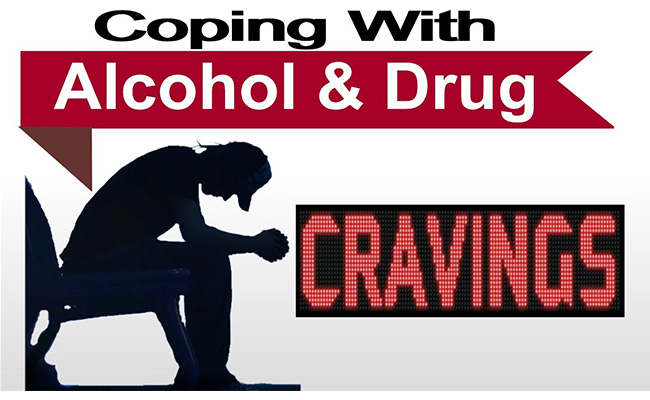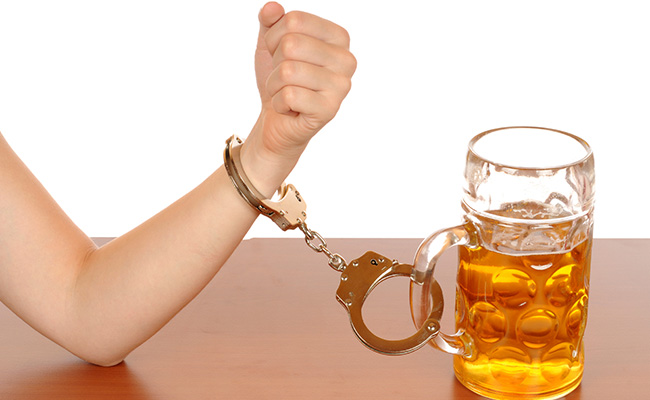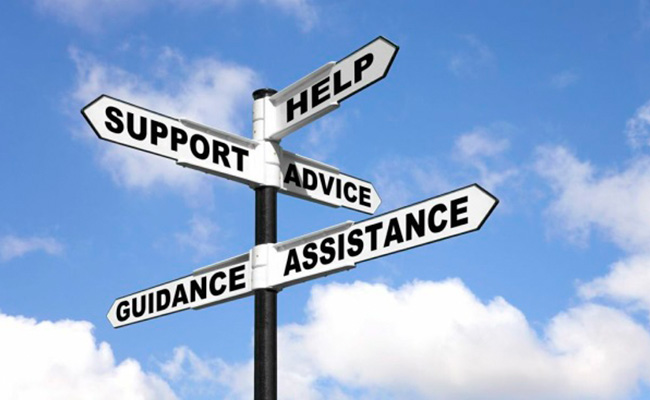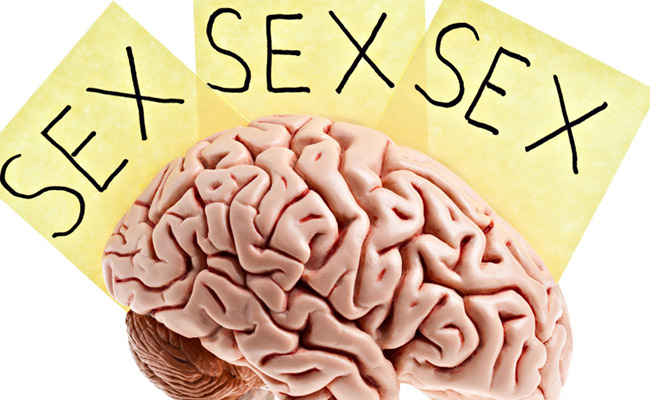This part-three of a three-part series about how to manage cravings.
In parts one and two of this series, we talked about cravings and identifying triggers. Now, let’s talk about what you can do to work through cravings when they happen so you can avoid a relapse.
10 Things You Can Do To Manage A Craving When It Happens
- Call one of your friends in recovery. Talk to them about what is going on. See if they can meet you for a cup of coffee so you can be in the company of someone you trust until the craving passes.
- Get involved in a task that takes your mind off the craving. Cleaning house is a great option. When you throw yourself into a project (no matter how big or small), you will get your mind going in a different direction. Before long, you will see that the craving has passed.
- Turn on some music. That being said, make sure it is music that doesn’t remind you of the past when you were using drugs or alcohol or engaging in your sexual addiction. Listening to the wrong music can actually make your craving worse. Take the time to make a playlist of uplifting music that you associate with recovery and empowerment so you can crank it up when you are having a weak moment. Music is a great way to get your mind off the craving.
- Go for a brisk walk. Walking is an awesome meditative exercise that gets the endorphin’s going. It will put you out into nature and get you out of your head. Walk for at least thirty minutes. You will work off your nervous energy and before long, you will notice the craving has passed.
- If you are a spiritual person, pray. Ask the God of your understanding to remove the craving from you. In addition to asking your Higher Power for relief from the craving, give thanks for all that is going good in your life.
- Make a gratitude list. Take the time to write about all the things in your life that you are grateful for. Really think about it – don’t just rush through it. Remember that you have so many beautiful things in your life that you appreciate. Remind yourself that all of those things could be taken away from you in an instant if you give into that craving.
- Help someone else. This is a great way to get out of your head and into action. Maybe you have a friend who has been talking about cleaning out an overstuffed closet. Call them up and tell them you are going to come and pitch in. Being of service to someone else will help you push past that craving and make it to the other side.
- Watch your favorite television show or get into a good movie. Cravings typically don’t last very long. If you turn on the TV and get involved with a good program, by the time it is over, the craving will probably have passed.
- Keeping a journal is a great way to connect with yourself and do a self-assessment. You can write about how the craving feels and what led up to the craving itself. Journaling helps you realize things about yourself and your life that you might not otherwise see. You may have a greater insight into why you are suddenly experiencing a craving, so you can be mindful of how you can avoid a similar situation in the future.
- Meditation is a beautiful spiritual practice that can help you find relief from anxiety, depression and – you guessed it – cravings. Though it may be uncomfortable to sit quietly with yourself at first, meditate anyway. Try to mediate for at least thirty minutes. You will experience a sense of calm, tranquility and relaxation by the end of your meditation time and you will find that magically your craving has dissipated.
Remember, cravings are a normal part of the recovery process. You don’t have to give into them. When you work through a craving, you will experience a victory in recovery. The next time you have a craving, it will be much easier to navigate.
CLICK HERE to get a Free Confidential Addiction Rehabilitation Assessment.













